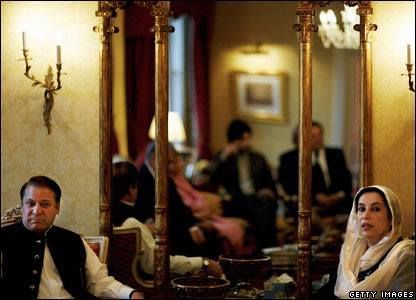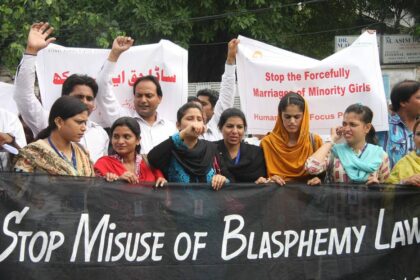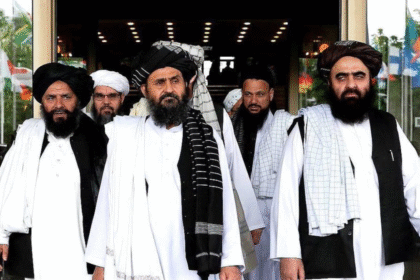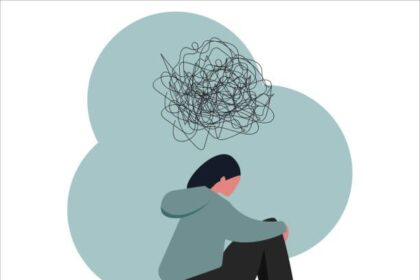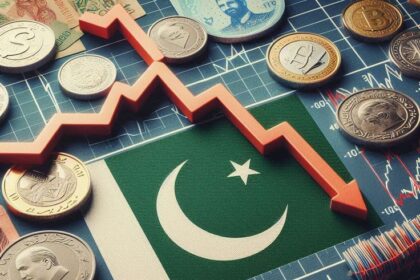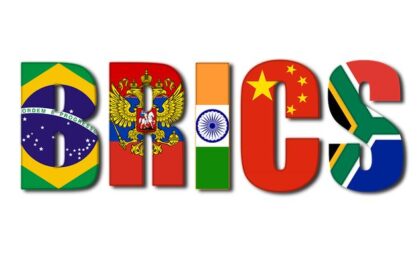A country that is either thought of as mediocre or inferior, compared to others, usually suffers from problems within. One of those problems, according to some, is the excessive influence of ‘monarchy’ in South Asia and the rest of the world, but particularly in Pakistan.
Since independence, a significant number of our politicians have come to power either due to the army (perhaps under martial law) or through their family connections. Political parties’ leaders are chiefly from the same family, which ensures that power remains in the hands of one bloodline. To some people, this may seem normal. These so-called ‘nepo babies’ have a lot to learn from their ancestors, and perhaps that will help them excel at politics better than others.
However, what matters is not the knowledge or legacy they get to carry—it’s what they do for the country and what they believe. It’s common that whenever a strong leader works their way up to politics without any help, they are either corrupted or put down by opponents who see them as a threat. A case like that scares other people from taking the initiative. It kills the small glimmer of hope our people can turn to. When that happens, the only people who remain in a secure position to gain authority are those who have been nurtured in politics since childhood.
Having the same bloodline lead our country isn’t inherently a bad idea. Still, when control is handed over to descendants, regardless of their abilities, it isn’t a far-fetched idea that they may become complacent. Let us take an example of a great empire—the Mughals—that fell prey to something similar. After years of conquering and consolidating the magnificent empire, the later Mughals had no established law of succession, nor did they prioritise competency. Kingship was handed over to the son who won the ‘wars of succession,’ or personal favourites were placed into power by external forces, such as the nobles at court. Many historians regard this as one of the reasons for the empire’s downfall, and this example can be well applied to our situation as well.
Let us pause, moving away from the somewhat toxic politics infesting our country, and wonder: Are the right people being handed the power? Or does their capability merely depend on their last name?
Pakistan has been under different families for a long time—the Bhuttos and the Sharifs, for example—and those families also control most of our nation’s wealth. While they bask in the riches of London or other vacation spots, the country suffers at the hands of bad decisions and corruption. Some critics argue that for individuals with nepotistic connections, leading a country is often viewed as managing a family’s legacy and ensuring that the family business remains stable.
We may be wondering who will run our political parties if these ‘nepo-babies’ aren’t, but what we don’t wonder is whether we are ready to put ourselves forward. Pointing fingers and criticising one another will certainly not help us save this nation.
However, this problem doesn’t lie only in Pakistan. Most of South Asia has been or is a victim of the same familial politics controlling their countries. Bangladesh, for example, recently took a stand for itself and overthrew Sheikh Hasina Wajid after she inherited her political position from her father, Mujib-ur-Rehman (one term from 1996 to 2001 and four consecutive terms from 2009 to 2024). Some had started to call her rule a ‘dictatorship.’ Other countries also have similar political dynasties: Paetongtarn Shinawatra in Thailand, Kim Jong-un in North Korea, and Bongbong Marcos in the Philippines.
As quoted by DAWN, ‘In India, three prime ministers came from the Nehru-Gandhi family; its scion Rahul Gandhi is now leader of the opposition. Latin America, too, has had its share of political families. Argentina has seen the Peróns and Kirchners. Former Uruguayan president Jorge Luis Batlle came from a family of three presidents. Honduran President Xiomara Castro de Zelaya is the spouse of a former president.
Political dynasties have also been a familiar phenomenon in the West. The Kennedys, Bushes, and Clintons are prominent examples in the US. Then there is Justin Trudeau in Canada. In Europe, Estonia’s premier is the daughter of a former prime minister. Belgian Prime Minister Alexander De Croo and Marine Le Pen in France had politically famous parents.’
Politics and running a country require training, skill, and passion. However, when seats are bought or handed over by parents, what importance does this carry? In front of us, a renowned politician’s child will always outdo a ‘commoner,’ even if they’re more competent or care about the nation.
Pakistan, it seems, carries a lot of feelings—our people want to make the country better. Sometimes, some even make their way up to higher levels to address the issue, but what does that effort matter if a nepo-baby takes their seat away? What does it matter if we, as a nation, hand over power to someone just because their parent was a household name? For citizens who are so passionate about restoring our country to its original glory, we must ask ourselves: who are we entrusting with the responsibility of doing that? Who do we believe will truly show the world what our people are capable of?
If you think honestly and survey the politicians we rely on today, I’m sure your answer will not be the child of a former president or prime minister.






